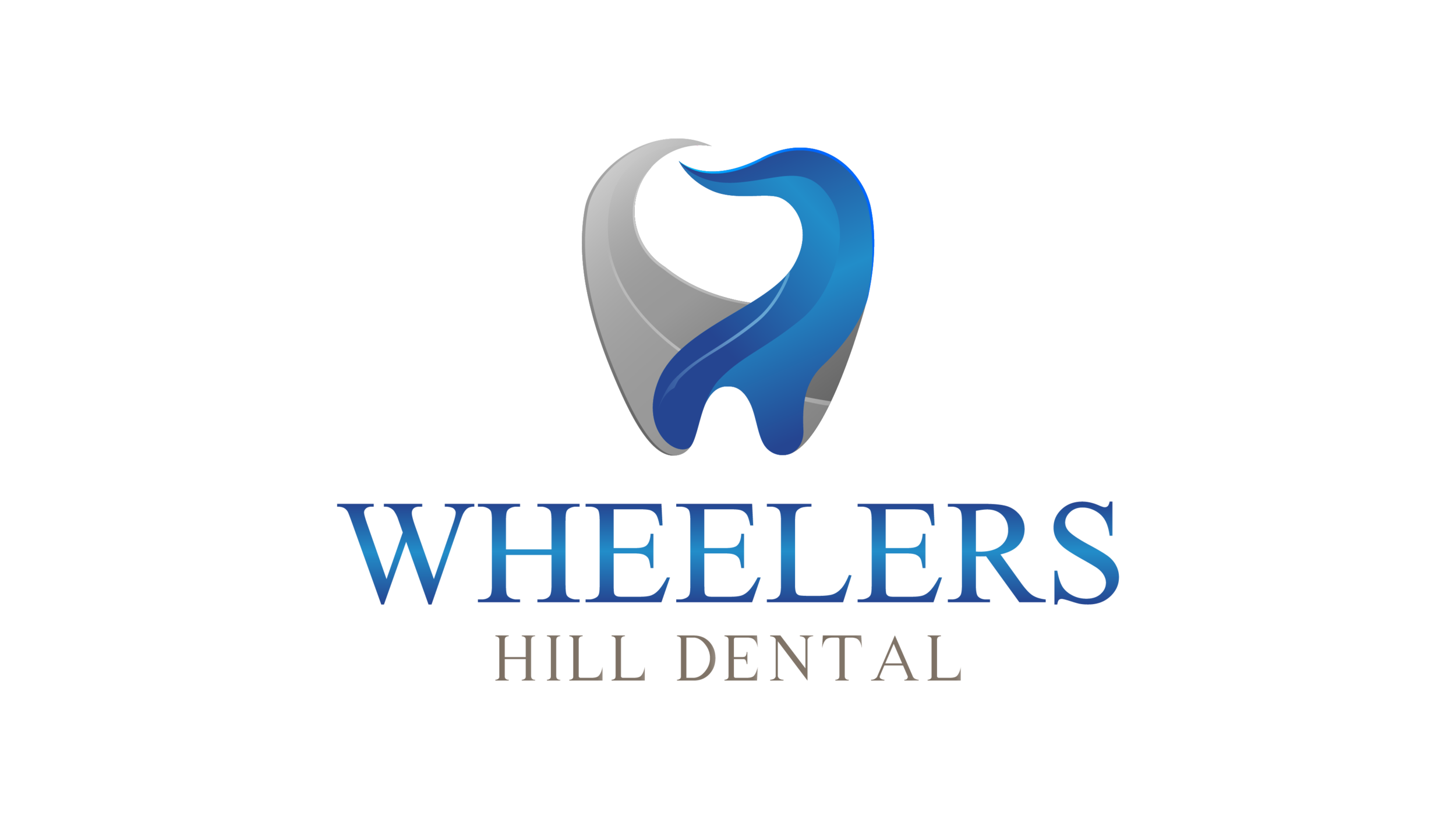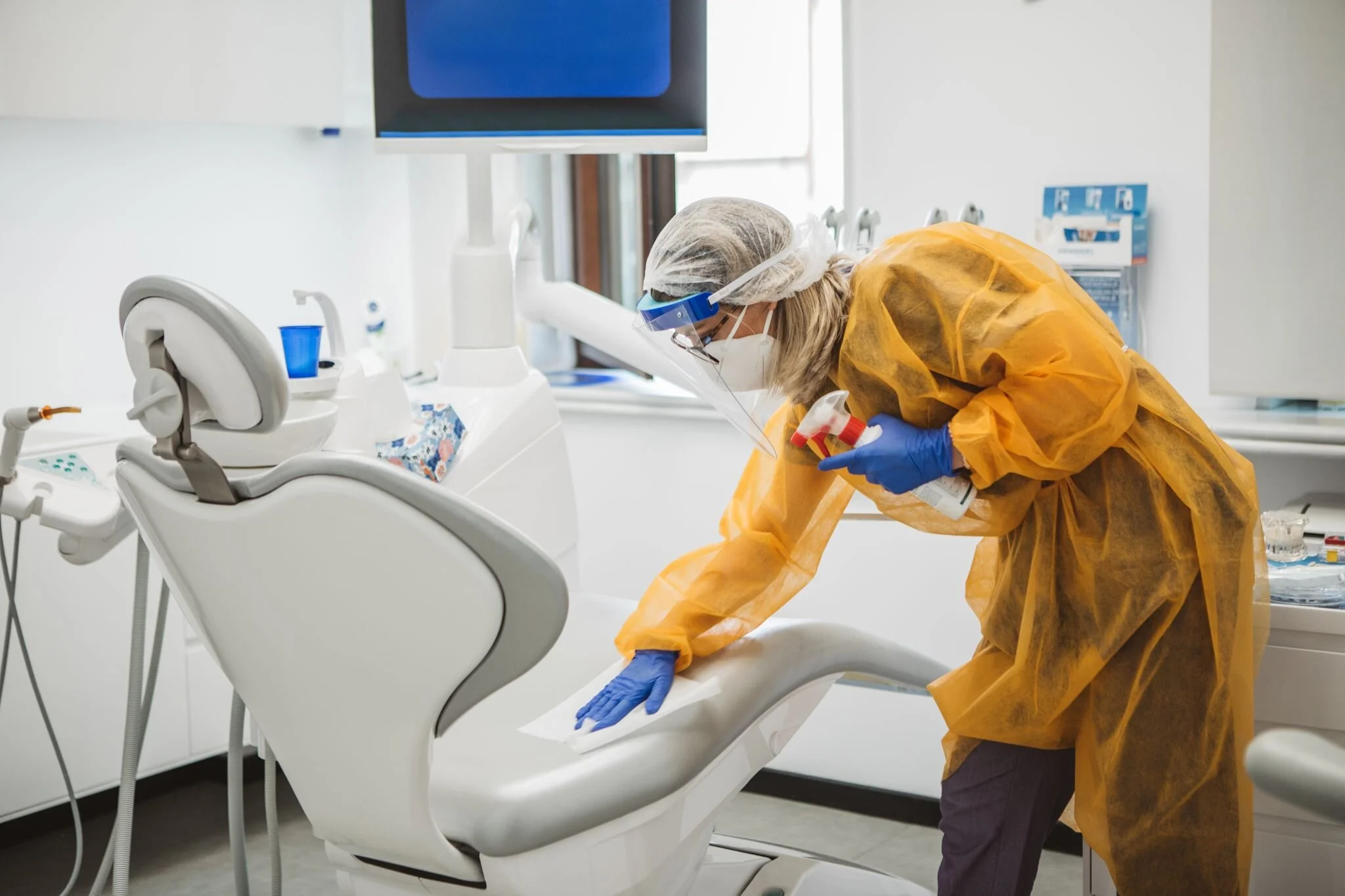ADA:
Aged Care Commissioners recommend key ADA recommendations in report
The Royal Aged Care Commissioners have included a number of key Australian Dental Association (ADA) recommendations for dramatically overhauling the delivery of oral health care in their final report released by the government yesterday.
It’s now incumbent on the Morrison administration to act on these vital reforms to overhaul the delivery of dental services to older Australians.
The government outlined a five year road map to fix the broken aged care system, starting with an extra $425m for the beleaguered sector, and more funds to be announced during the May budget. It’s not yet known how much of this will be spent on dental services.
Key to the report is that the Commissioners have recommended to the government the adoption of the ADA’s recommendation to adopt the Seniors Dental Benefits Schedule (SDBS) to help make dentistry affordable to all older Australians.
The report said: 'Older people can be freed from much of this pain through the new Senior Dental Benefits Scheme that we recommend. The scheme will fund dental services for people who live in residential care and older people who live in the community and receive the age pension or have a Commonwealth Seniors Health Card. It will be limited to treatment required to maintain functional dentition and will be an important health prevention intervention.'
"It's great news that the Aged Care Commissioners have recognised the validity and worth of a number of our recommendations in their final report to the government - including adopting the SDBS," said Federal ADA President Dr Mark Hutton.
"If the government acts on this report, it will mean funding dental care for older Australians as well as some fundamental systems can finally be put into place to ensure better dental care for those in residential and home care."
The report highlighted that oral health remained low down on the list of priorities for aged care homes: 'We heard consistently that oral and dental health care needs of people living in residential aged care are not treated as priorities. Daily oral health care is often not undertaken and access to oral and dental health practitioners is limited. Much of what we heard about the failures in oral and dental health care focused on lack of staff time and inadequate training, as well as a lack of access to oral and dental health professionals, but there can be no excuse for failing to brush older people’s teeth and clean their dentures daily.'
Further oral health recommendations from the report include:
- for the Certificate III qualification to include the delivery of quality oral care as one of its core competencies, another of the ADA’s recommendations,
- immediate funding for better education and training to improve the quality of care delivered, *that residential aged care should include allied health care including oral health practitioners,
- an urgent review of the Aged Care Quality Standards so these standards include ‘best practice oral care’, with details on how these can be achieved, and
- ensuring there are sufficient numbers of workers to carry out proper daily oral care, another of our recommendations. However it remains to be seen if the recommendation will ensure a sufficient number of nursing staff and personal care workers.
Dr Hutton said the ADA was particularly pleased with the recommendation relating to improving the Certificate III qualification as "there’s an urgent need to improve oral health care knowledge and skills of the existing workforce."
He added: "The ADA has been campaigning for years to get the oral health of seniors in aged care to be put in the spoltight.
"The fact is Australians are living longer - often well into their eighties - and keeping their teeth for longer too. But with a longer life span comes more complex oral health needs. Rates of gum disease and dental decay are highest in the over 65s, for example.
"Coupled with this are long waiting lists in the public dental system, poor value for money for private health insurance cover for dental work, and almost non-existent provision of oral care for those in aged care - a perfect storm for rotten dental health for older Australians.
"So the ADA is delighted the Commissioners have agreed with a number of our key recommendations and we’re urging the Government to implement the various schemes and processes to make these a reality. Failure to act on the report would be tantamount to the government saying it doesn’t care about older Australians.
"Ongoing assessments and access to oral health treatment would be improved for residents which will benefit their general health and nutritional status, while aged care providers, carers and families would have access to a range of available practitioners to provide these services.
"With coordinated thinking between agencies, provders and dental practitioners, the dental needs of our seniors in aged care means they can be assessed before going into care and receive ongoing treatment and care whilst in aged care or on a Level 3 or 4 Home Care Package through care by the same dentist and through enhanced training in oral health for care workers.”
For more information, please contact the ADA.
Dr T. S. Saw OAM
Wheelers Hill Dental




















